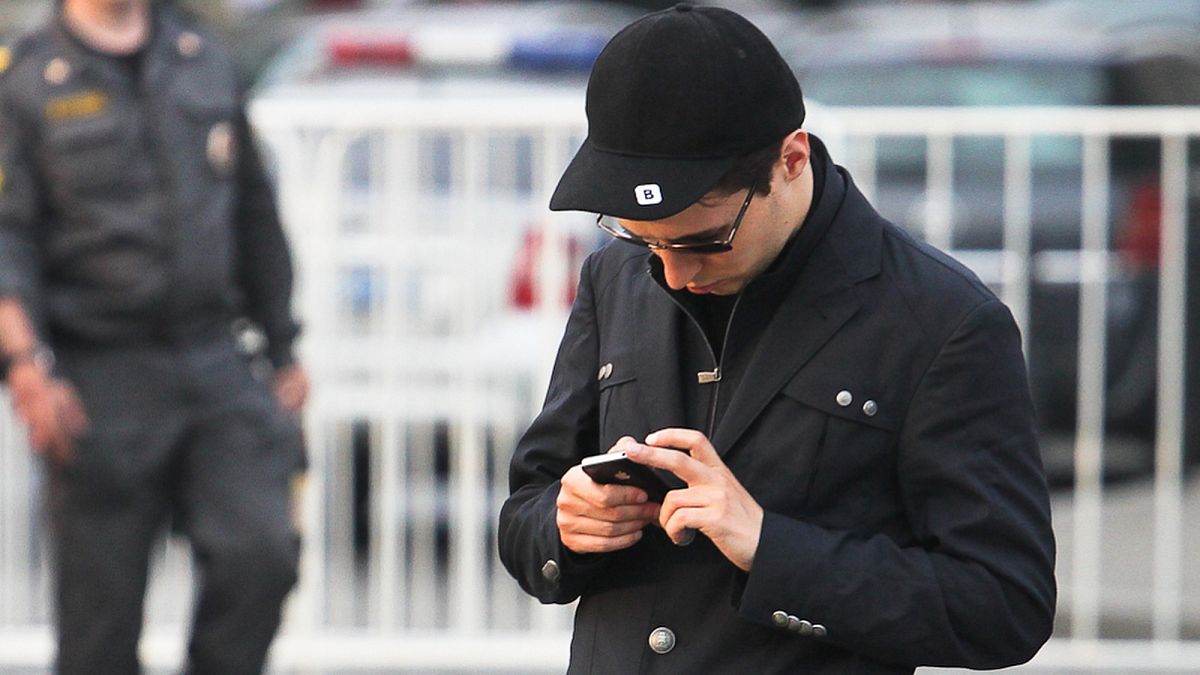Telegram founder and CEO Pavel Durov has alleged that France’s intelligence chief asked him to “silence” Romanian conservative voices by banning them from his messaging app ahead of Sunday’s presidential run-off, triggering a wave of disinformation online.
Durov made the claims on social media the morning after Nicușor Dan, a pro-European independent candidate, beat his conservative opponent George Simion to the Romanian presidency in a tense runoff vote.
Simion has since requested that the Romanian Constitutional Court annul the second-round result, citing “irrefutable evidence” of meddling from France, Moldova and others. Durov has said he would be willing to “testify” in favour of Simion’s claims.
Euroverify reached out to Telegram asking for confirmation of the authenticity of Durov’s statements and evidence of his allegations, but did not receive a reply.
No evidence has yet emerged to suggest Durov’s claims are true, and France has categorically rejected the allegations.
In a statement, the French Foreign Ministry described the claims as “completely unfounded” and a “diversionary maneuver from the real threats of interference targeting Romania.”
France’s foreign intelligence service, known as DGSE, has also strongly refuted the claims.
But DGSE acknowledged it had been in contact with Durov “on several occasions” to remind him “of his company’s responsibilities, and his own personal responsibilities, in terms of preventing terrorist and child pornography threats.”
Last August, Durvov, who is Russian-born but holds French citizenship, was detained by French authorities amid a probe into allegations of fraud, drug trafficking, organised crime, promotion of terrorism and cyberbullying on Telegram.
He has since been under strict legal control and is forbidden to leave France without authorisation.
Telegram was founded by Durov and his eldest brother Nikolai in 2013, and has been championed by journalists and activists for its strong encryption and security.
But the app has recently come under scrutiny for the spread of illegal content.
French and Belgian prosecutors are currently teaming up to probe Telegram’s role in allowing the spread of illicit content, including child abuse images and terrorist propaganda.
The app has dodged being subject to the European Union’s strictest rules under its digital rulebook, the Digital Services Act (DSA).
Telegram claims it has fewer than 45 million active monthly users in the EU, the threshold for being closely monitored by the European Commission.
Claims of interference rife amid Romanian election re-run
Romania’s presidential election was re-run in May after it was dramatically annulled back in November when a little-known ultra-nationalist with mystical leanings, Călin Georgescu, won an unexpected first-round victory.
The Romanian Constitutional Court declassified intelligence reports that claimed a “state actor,” believed to be Russia, was behind Georgescu’s successful TikTok campaign.
No undeniable public evidence has yet emerged to firmly confirm Russia’s hand behind Georgescu’s campaign.
Georgescu was barred from the re-run, sparking controversy and outrage among his supporters at home and abroad.
US vice-president JD Vance was among the prominent voices lambasting the Romanian Court’s decision, in a blistering speech at the Munich Security Conference in February.
Last December, Euroverify detected and debunked TikTok disinformation campaigns falsely accusing European Commission President Ursula von der Leyen of personally intervening to cancel the vote.
While the European Commission has opened a probe under the Digital Services Act (DSA) into TikTok’s alleged role in Georgescu’s campaign, there is no evidence to suggest the EU executive had any stake in the domestic judicial decision to annul the November vote.
Analysts have warned that Romania is particularly vulnerable to disinformation and foreign interference around key ballots.
Romania’s foreign, interior and defence ministries have accused Russia of orchestrating a propaganda campaign that claimed French troops stationed in Romania had been dressed in Romanian gendarmerie uniforms to interfere in the country’s election.
Read the full article here


